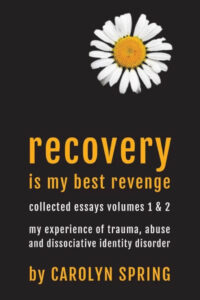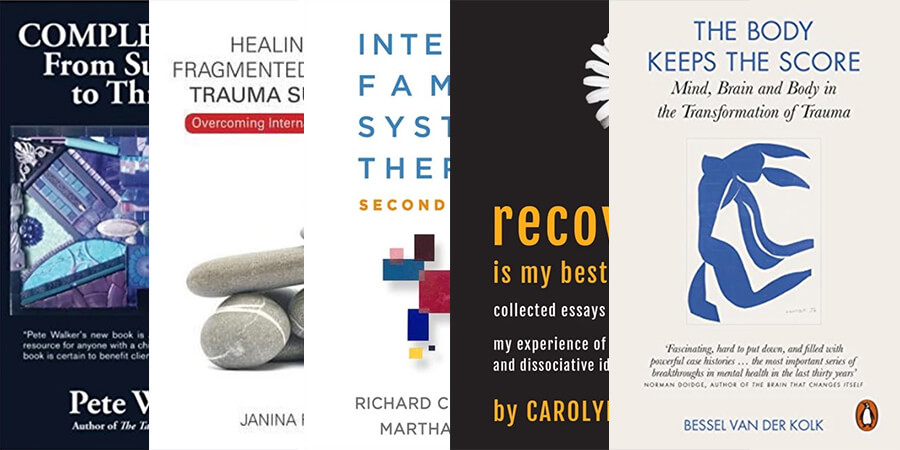
Over the past few decades, conversations and understanding about trauma and its effects on our bodies and minds have become much more prominent in discussions around mental health. In many cases this has been seen as a challenge to the more traditional psychiatric treatment of mental illness which is thought to be too restricted in its focus on symptoms, medication, and a biological/medical approach to psychological problems.
Instead, a trauma-focused approach looks more closely at the lived reality of the individual, their past life experience and how this has meaningfully impacted their development in both mind and body.
Below are some helpful resources for anyone looking to learn more about a trauma focused approach to mental health.
Bessel Van Der Kolk has done more than most in recent years to advocate for a trauma informed approach to mental health and mental illness, and has fought to have complex and development trauma recognised as meaningful diagnoses in the psychiatric world.
His book ‘The Body Keeps the Score’ is a comprehensive overview of research into both how trauma affects us and creates lasting impacts on both our minds and bodies, as well as various treatment approaches including talking therapies, yoga, EMDR and many others.
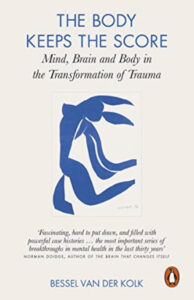
Pete Walker is a therapist who specialises in treating clients with Complex PTSD, and who himself is a survivor of complex trauma from childhood. His website has a number of helpful articles introducing some of his key ideas and concepts, and his book ‘Complex PTSD: From Surviving to Thriving’ is an accessible and thorough exploration of this condition and what a journey to recovery looks like.
You can find his website here: www.pete-walker.com
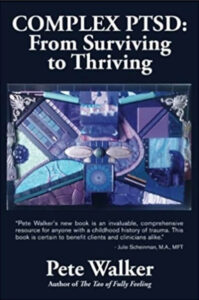
Internal Family Systems is a model developed by psychotherapist Richard Schwartz as a way to understand and promote recovery from trauma, as well as broaden our understanding of the human personality as being made up of often fragmented parts which have their own distinct sets of motivations and patterns of thinking, feeling and acting.
You can listen to an introduction to the model and interview with Richard Schwartz here:
https://bethrogerson.com/richard-schwartz/
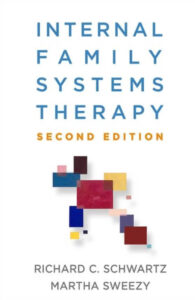
Janina Fischer has built on the understanding of human personality and the fragmentation of parts as it applies to dissociation and dissociative identity disorder (DID, once known as multiple personality disorder).
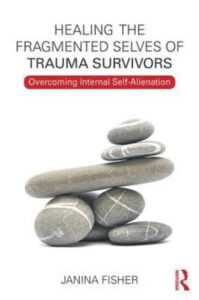
Carolyn Spring writes powerfully about recovery from DID from the perspective of a survivor of childhood abuse, and has many useful resources on her website: www.carolynspring.com
